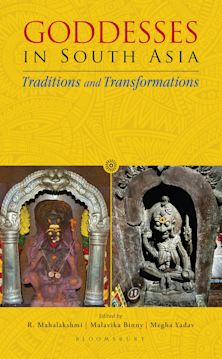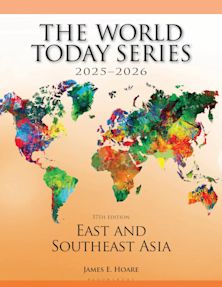Educating India
Colonialism and Indigenous Knowledge Traditions, c. 1780-1900
Educating India
Colonialism and Indigenous Knowledge Traditions, c. 1780-1900
This product is usually dispatched within 2-4 weeks
- Delivery and returns info
-
Flat rate of $10.00 for shipping anywhere in Australia
Description
The book delves into the educational challenges that indigenous groups faced during the late 18th and 19th centuries and examines how they responded to these challenges and threats.
It centres on the historical evolution of education in the Bengal Presidency and the North-Western Provinces, with a particular emphasis on the roles of pandits, maulvis, and other influential figures within indigenous society.
Up until the 19th century, questions about the nature of knowledge, the most effective methods of transmitting it, and the societal responsibilities toward educating the youth were not monopolized by any single entity. In most of Europe, private actors, rather than the state, assumed the role of the dominant authority controlling the definition and dissemination of knowledge. This trend gradually marginalized local knowledge and traditional ways of life. In contrast, the colonial state in India did not encourage "local agencies" to actively participate in the process of knowledge formation. Instead, under colonialism, indigenous institutions and educators became agents of the state. It's important to clarify the term "indigenous" in this context. Here, it refers to all educational institutions that served the local population, taught pre-British curricula, were staffed by Indian or native teachers, and initially received patronage from local elites. However, over time, colonial authorities began providing funding and assuming patronage of these institutions, which subsequently led to changes in their structures.
Table of Contents
Introduction
Chapter 1: Informal Practices and Indigenous Knowledge Systems
Chapter 2: Indigenous Centres of Learning and Colonial Hegemony
Chapter 3: Colonial Policies and Institutionalization of Indigenous Education
Chapter 4: Colonial State and Centres of Indigenous Islamic Learning
Chapter 5: Colonial State and Centres of Indigenous Sanskrit Learning
Chapter 6: The Intervention of Christian Missionaries in the Sphere of Education
Conclusion
Appendices
Bibliography
About the Author
Index
Product details
| Published | 30 Aug 2025 |
|---|---|
| Format | Hardback |
| Edition | 1st |
| Extent | 272 |
| ISBN | 9789356408067 |
| Imprint | Bloomsbury India |
| Dimensions | 216 x 135 mm |
| Publisher | Bloomsbury Publishing |

ONLINE RESOURCES
Bloomsbury Collections
This book is available on Bloomsbury Collections where your library has access.


































